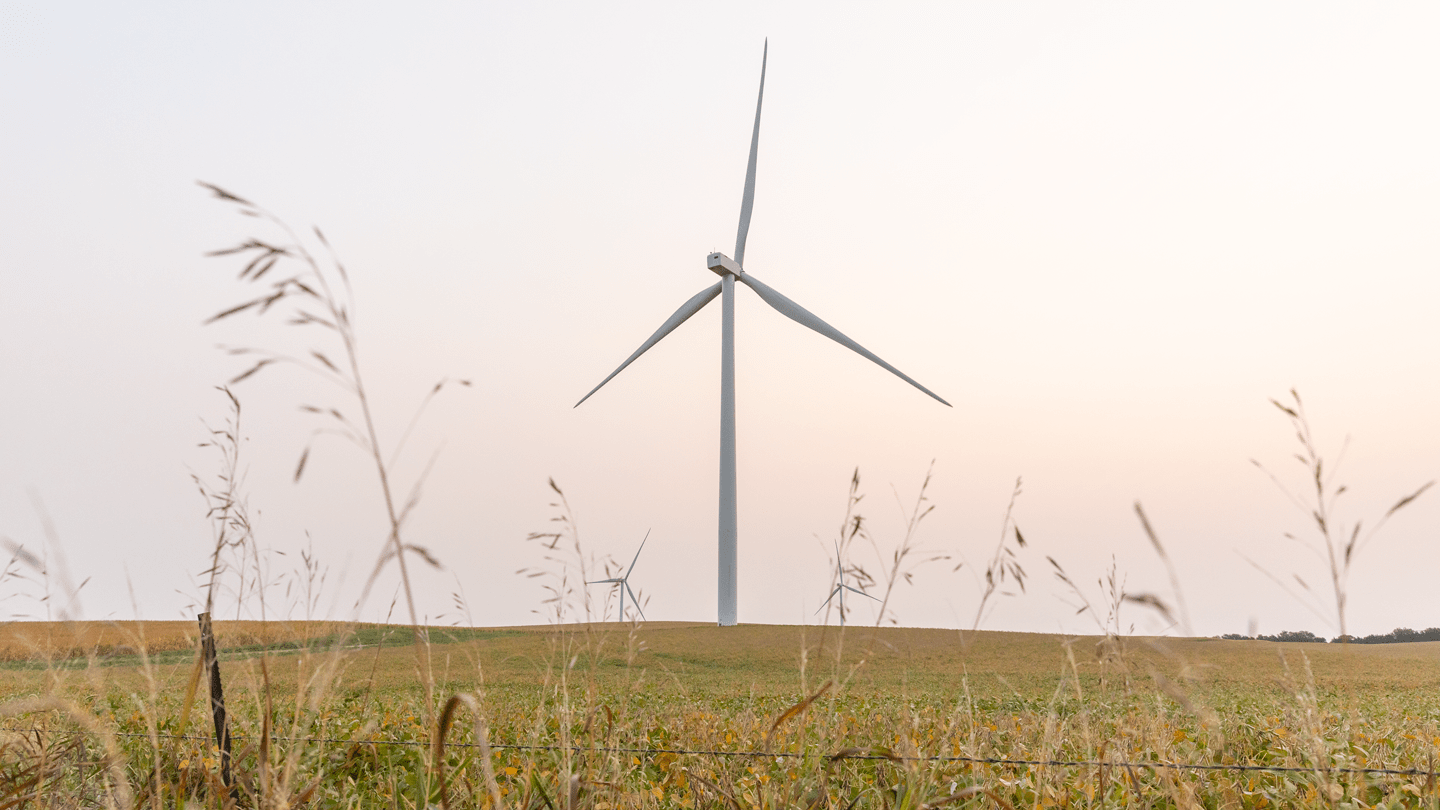BASF Buys into Wind Farms to Cut Carbon's Role in Production
(Reuters) — BASF has struck a deal with Swedish utility Vattenfall to buy into two German offshore wind farms, in the German chemicals giant's latest move to secure fossil-free power and reduce the carbon footprint of its production.
The companies said on Tuesday they had signed a memorandum of understanding for BASF to buy 49% of shares in a project that encompasses the North Sea wind farms of Nordlicht 1 and 2.
The financial terms was not disclosed.
BASF will receive almost half of the electricity produced at the sites and use it to supply its chemical production sites across Europe, in particular in Ludwigshafen, western Germany.
Vattenfall will use its share of the fossil-free electricity to supply its German customers, the company said.
The deal is expected to be signed in the first half of 2024, with a final investment decision projected for the following year.
The wind farms are to be fully operational in 2028 and have a combined capacity of 1.6 gigawatts (GW), the companies said.
In 2021, BASF invested 1.6 billion euros ($1.7 billion) in 49.5% of Vattenfall's Hollandse Kust Zuid. The Dutch wind park has a capacity of 1.5 GW.
The Nordlicht wind farms, north of the German island of Borkum, are expected to reach a combined production of around 6 terawatt hours (TWh) per year once fully operational, equal to the electricity consumption of 1.6 million German households.
BASF's share of this output would account for around half of the electricity used by its Ludwigshafen site. However, due to the switch to climate-neutral production processes, the group's electricity needs are set to increase significantly in future.
($1 = 0.9229 euros)
Related News
Related News

- Keystone Oil Pipeline Resumes Operations After Temporary Shutdown
- Freeport LNG Plant Runs Near Zero Consumption for Fifth Day
- Biden Administration Buys Oil for Emergency Reserve Above Target Price
- Mexico Seizes Air Liquide's Hydrogen Plant at Pemex Refinery
- Enbridge to Invest $500 Million in Pipeline Assets, Including Expansion of 850-Mile Gray Oak Pipeline





Comments